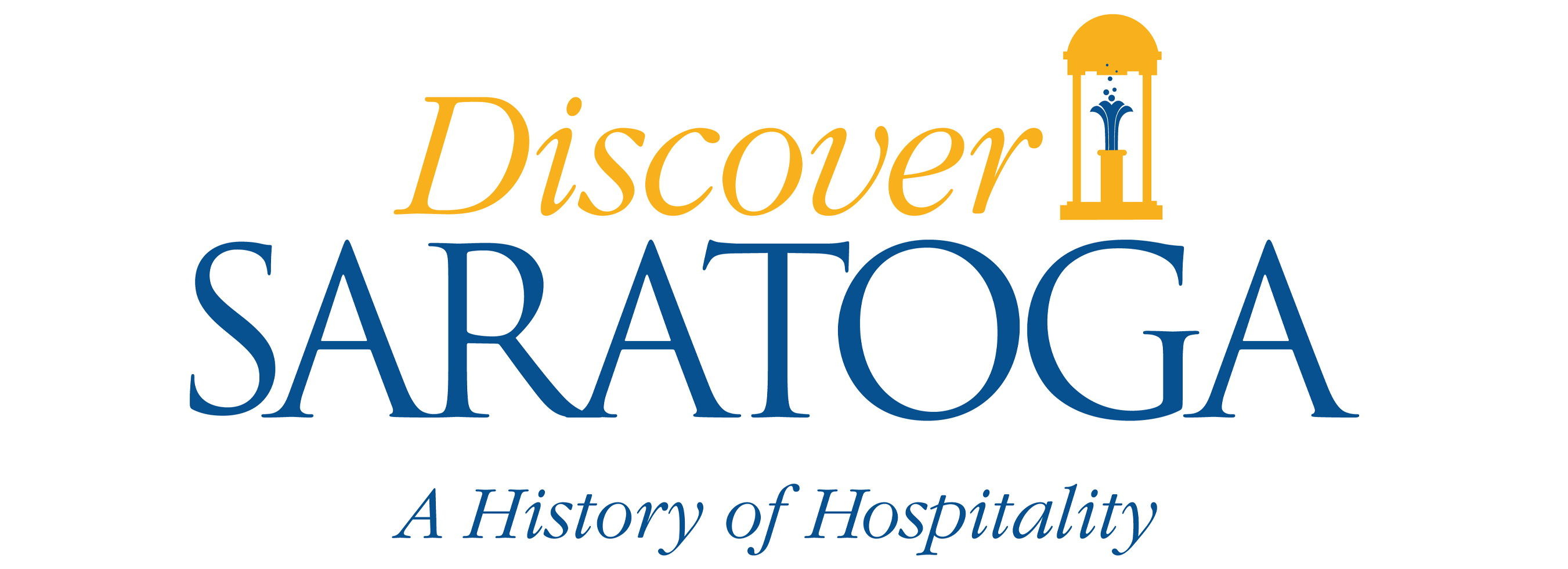
Changing from our current Commission form of government to the proposed City Manager + Wards system would be an undesirable change for Saratoga Springs at any time. To do that now in the midst of a pandemic and economic crisis is folly and even dangerous. The commission form has helped Saratoga Springs be the most successful city in upstate New York. It allows all city voters to choose city residents every two years who will both make policy and also act as department heads delivering services. Elected officials are held directly accountable by the electorate for services provided to the city.
In addition, because they run departments, council members are highly knowledgeable about the workings of the city when they make policy decisions. Since departments have many intersecting needs and interests and a majority is necessary to pass laws and the city budget, excellent communication and cooperation are major features of this form of government.
In contrast the charter proposal offers a plan that gives the authority to run the city to an unelected city manager who doesn’t even have to live in the city. The city will be divided into wards and Saratogians will only be able to vote for the mayor and one of the six other council members, greatly reducing citizens’ say in their government. The proposal also has a weak mayor who has few responsibilities and cannot even give any employee direction.
Q. A question of governing. What the proposed new form of governing would mean vs. the current form – and why the position you advocate would be best compared to the opposing system.
The responsibilities of the mayor and four commissioners are clearly laid out in the current charter and easily understood: Mayor and Departments of Accounts, Public Safety, Finance, and Public Works. When someone has an issue or opportunity, they simply contact the appropriate commissioner. In short, no one has any idea about the potential new City Manager organization, how it will be structured, nor what it will cost.
Only four positions are mentioned in the proposed charter: the city manager, attorney, clerk, and assessor. The charter change financial analysis claims that one City Manager can replace four commissioners and five deputies, about 18,000 hours of work yearly.
But Ron Kim, co-chair of the charter change effort, thought differently when he was Commissioner of Public Safety and asked the city council for two deputies to handle all the work in his department, blowing up their current claim that this level of management can be axed.
Danger: The new city government won’t be revealed until after we have voted. The charter grants both a transition task force and then the City Manager the power to “establish, modify, or restructure City departments, offices, or agencies…”
Net: All decisions and the real costs will be made by an unelected group of people and won’t be known until after we vote.
Q. A question of money.
The City Manager + Wards System will be much more expensive resulting in higher taxes. Even the change proponents admit that a new city manager brought in from out-of-town would cost Saratogians $262,000 yearly.
Then they increased the Mayor’s salary 448% to $65,000 plus benefits for a significantly easier job that excludes all administrative responsibilities. Compare this to the $19,000 average salary of a Mayor in New York State in cities run by a City Manager. (Source: Jeff Altamari). Even proponent ‘It’s Time Saratoga’ admits that the Mayor will receive this $65,000 for a part time job; saying the Mayor could concurrently hold another job. That doesn’t show much respect for taxpayers.
But wait, it gets worse. The pro-charter group has not disclosed to the public the real cost of a City Manager + Wards government. Their so-called financials leave out $760,000 of yearly costs including replacing the Deputy Commissioners, our city’s key managers which they arbitrarily eliminated without even interviewing; an Assistant City Manager; and an Internal Audit which is required in the charter but was “mistakenly” left out of their costs.
Remember that the charter is only a skeleton concept with 4 employees which will be completed by an unknown and unelected Task Force, which is one of two transition committees which would be authorized to hire staff including lawyers.
Transition costs are not even estimated by the change proponents. But any incremental transition costs during this pandemic will require firing city employees or increasing taxes. As both the Mayor and Commissioner of Finance said Tuesday night: The city has no money for charter expenses.The people proposing this change owe it to the public to disclose the real costs of this charter.
Q. Constituency/ residents ability to reach out to their leaders and officials. A question of transparency and open government.
Currently, there is a high level of transparency about what our elected officials are (and are not) accomplishing. Since our government services are delivered by 5 departments including the Mayor and 4 Commissioners, it’s simple and efficient to contact the appropriate city official to address our problems. And every one of these elected officials has a report card every two years when voters can retain or fire them.
The City Manager + Wards charter is undemocratic, unresponsive, and not transparent. The City Manager who would run Saratoga Springs is appointed so he (we use the male pronoun since 83% of the City Managers are men) cannot be voted out if citizens are unhappy with how the city is being run.
We would only be able to vote for 2 of the 7 elected officials making decisions about providing services and raising taxes. Today, we have influence over every elected official because we vote whether or not to retain all of them every two years. The Wards system eliminates our leverage to impact our city government.
The proposed charter creates a disastrous bottleneck which will keep residents from getting their problems addressed. Residents contact their Ward politician who can only contact the City Manager who, when he has time, passes the request on to the right department. The Ward politicians and even the Mayor are expressly forbidden to work with any city employee except the City Manager, thereby delaying residents receiving city services and answers to their questions. The City Manager + Wards system is less transparent, less effective, less efficient, and less democratic.
For more information, go to: saratogaworks.org.

The present form of government in Saratoga Springs is comprised of five departments, each headed by a separate elected official who performs both administrative and legislative functions. This system is inherently inefficient and expensive, leading to both gaps in and duplication of services. A survey of 100 City professional staff in 2016 reported that they spend 30% of their time navigating these five “silos” of city government. Clearly, our city has outgrown this system. The proposed new Charter consolidates all administrative units under a professional manager. The manager would be hired by and be accountable to the City Council, comprised of six neighborhood-based elected City Councilmembers (reflecting the Charter’s proposed six wards) and presided over by a city-wide elected Mayor. This Reform would bring efficiency to the administration, and accountability through representation and separation of legislative powers from administrative responsibilities. The proposal on the ballot was initiated by dozens of volunteers and more than 1,500 citizens who petitioned for this opportunity to vote.
Q. A question of governing. What the proposed new form of governing would mean vs. the current form – and why the position you advocate would be best compared to the opposing system.
City administrative offices, now divided among five separately elected Commissioners and the Mayor, would be managed as one administration—much like every other city, town and village in NYS--led by an experienced, professional manager. One team not five means less bickering and finger pointing. Clarity will benefit citizens and businesses who need answers from the city. The present Commissioners and their political deputies would be eliminated. But, the remaining top civil service professionals would report to the City Manager. The City Council, chaired by the Mayor, would set the budget, adopt policies, pass ordinances and oversee the administration through a short-term employment agreement with the City Manager. Members of the Council, elected from the six neighborhood-based Wards, would be the “ombudsperson” for their constituents. This would allow the Council to set priorities that reflect the needs of the people, not the prerogatives of each Department’s political leadership. The Mayor, elected citywide for a four year term, would be expected to provide policy leadership, oversight of the City Manager, and represent the city in intergovernmental relations.
Q. A question of money.
Initial savings would be at least $100,000. This figure is derived by eliminating the current Commissioners and their political deputies, salary plus health and pension costs: $760,000. Positions required in the New Charter would add to $440,928, including the City Manager and Mayor (salary plus benefits), and six Councilmembers (salary with no benefits). Other positions included in this calculation are an Assistant City Manager and the cost of an Internal Auditor. Competitive compensation for these positions would bring the total net savings to about $100,000. No other positions are required to be added or eliminated in the proposed Charter. Any additions or reductions of staff would be made only by the elected City Council seated in 2022.
Long term, consolidation of administrative units under the City Manager will reduce the 30% inefficiency which the professional staff reported to the 2016-17 Charter Commission.
The new Charter also eliminates the present lifetime free healthcare benefit (free premium, no co-pays) for elected officials who serve 10 years or more, which can cost taxpayers $500,000 or more for each such official over time.
Q. Constituency/ residents ability to reach out to their leaders and officials. A question of transparency and open government.
Voters in the six neighborhood wards will elect the members of the City Council to two-year terms. Each councilmember would be the neighborhood’s “ombudsperson” for all functions of city government—in other words, “one-stop shopping” for people seeking answers from city hall. Presently, citizens and businesses are punted from office to office for simple permits. Public Safety and Public Works leaders have even disputed who is responsible to clear dead animals from the roadways.
Each new City Councilmember will represent about 3,000 3,000 voters. The wards would be drawn up by a bi-partisan commission after every decennial census. If the upcoming 2020 census report is too late for the start of the NYS Election calendar, a backup ward map is included in the proposed Charter that would be used only for the 2021 election.
Today, a candidate for city council (Commissioner of Accounts, Finance, Public Safety, Public Works, Mayor) must run city-wide campaigning directly to more than 18,000 voters—an expensive proposition. The new Charter enables city government to tap into more of our community’s talent and brain power because running in just one of the six districts will be much less expensive than running city-wide.
No longer will Commissioners work almost full time and leave aside their day-jobs. The new Council will be citizen-legislators, bringing everyday experience and perspective to our city government.
TERM LIMITS: All elected positions will be term-limited to 12 years.
For more information, go to: commonsensesaratoga.com.




 How to resolve AdBlock issue?
How to resolve AdBlock issue? 

































